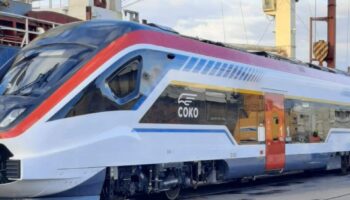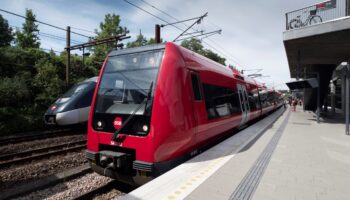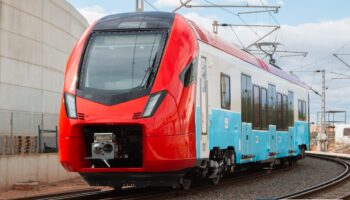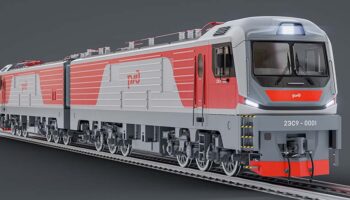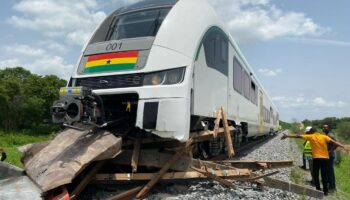Russia: According to the national operator, the contract is worth RUB 12 bln (USD 128.2 mln).
The contract requires the production of two prototype trains for the Moscow–Saint Petersburg high-speed railway (HSR), encompassing manufacture, certification, and delivery by the end of March 2028. Upon completion of development by the Engineering Centre of Railway Transport, the design documentation will be submitted to Ural Locomotives.
As reported earlier, the eight-car trains will have a design speed of 360 km/h and will allow for operation in multiple. Russian Railways (RZD) has announced the development of trains capable of operating in GoA3 mode, which assumes automatic operation with personnel on board. This will be the first time such high-speed rolling stock is developed and produced domestically. The average cost of a car will be rather high, RUB 750 mln (USD 8 mln).
The concession agreement for the HSR project will soon be signed with VSM Two Capitals, followed by a contract for serial deliveries under leasing with the State Transport Leasing Company (GTLC). Earlier, the head of the Russian Ministry of Transport Vitaly Savelyev reported to Russian President Vladimir Putin that the first batch of trains for the Moscow–Saint Petersburg HSR would consist of 28 trains, worth RUB 148 bln ($1.6 bln). In February, at the Ural Locomotives meeting, it was announced that the Moscow–St. Petersburg HSR project would require the purchase of a total of 44 trains, while the other already approved HSR projects — Moscow–Yekaterinburg, Moscow–Adler and Moscow–Minsk — would require more than 250 trains.










